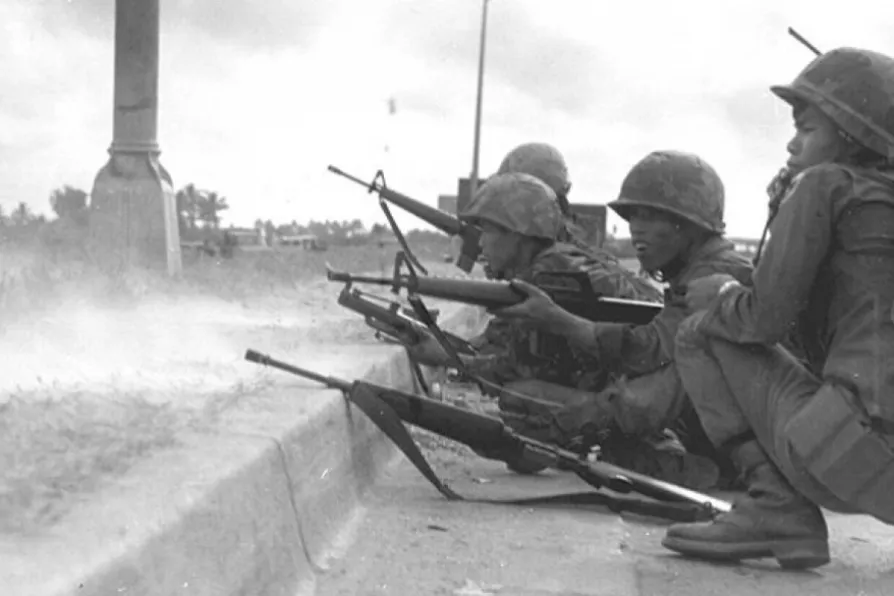As Colombia approaches presidential elections next year, the US decision to decertify the country in the war on drugs plays into the hands of its allies on the political right, writes NICK MacWILLIAM


IT might be thought that the Tet offensive, a key moment of the Vietnam war that started at the end of January 1968, 50 years ago, is something that the Western media might prefer not to dwell on too much.
The line in 1967 from Democratic US president Lyndon Johnson had been that the war was reaching its final stages, that Vietnam would stay as two countries: a communist state in the north and a US client state designed to maintain US imperial interests in Indochina in the south.
General Giap, the military leader of the Vietnam People’s Army, had other ideas.

In 1981, towering figure for the British left Tony Benn came a whisker away from victory, laying the way for a wave of left-wing Labour Party members, MPs and activism — all traces of which are now almost entirely purged by Starmer, writes KEITH FLETT

Who you ask and how you ask matter, as does why you are asking — the history of opinion polls shows they are as much about creating opinions as they are about recording them, writes socialist historian KEITH FLETT

KEITH FLETT revisits debates about the name and structure of proposed working-class parties in the past

The summer saw the co-founders of modern communism travelling from Ramsgate to Neuenahr to Scotland in search of good weather, good health and good newspapers in the reading rooms, writes KEITH FLETT














